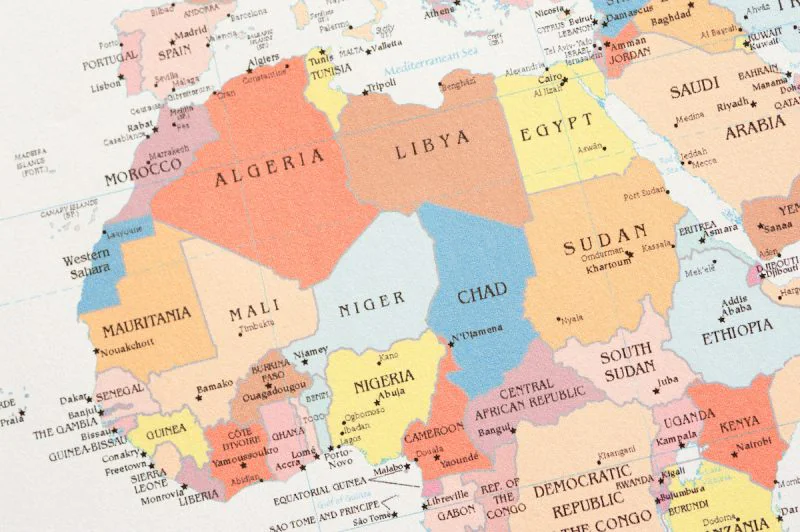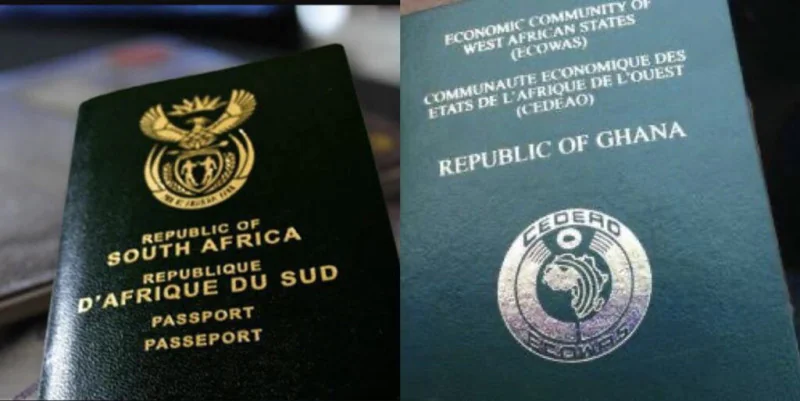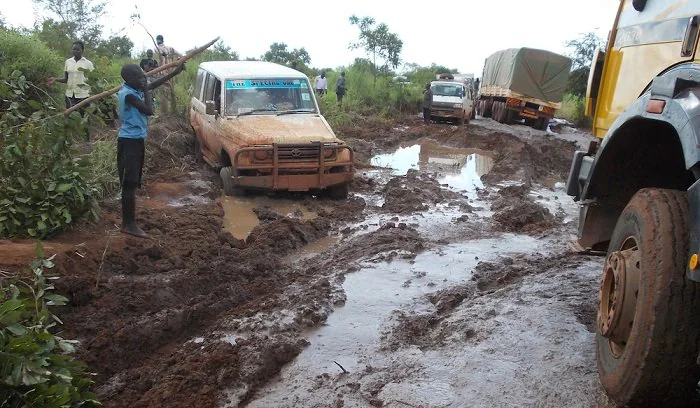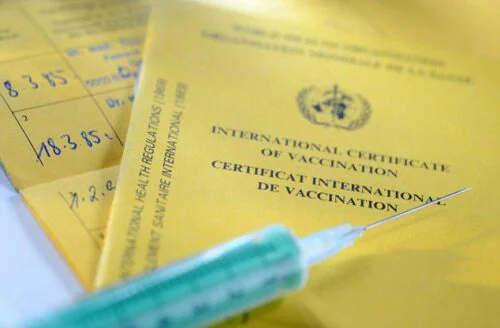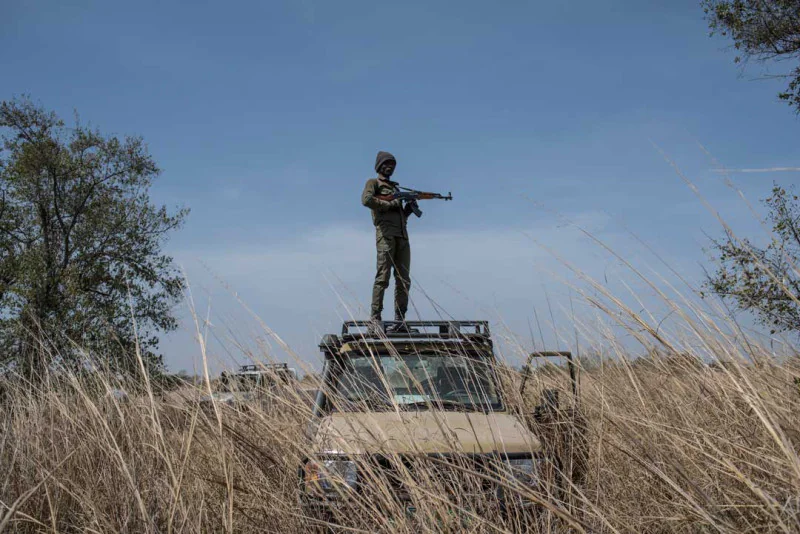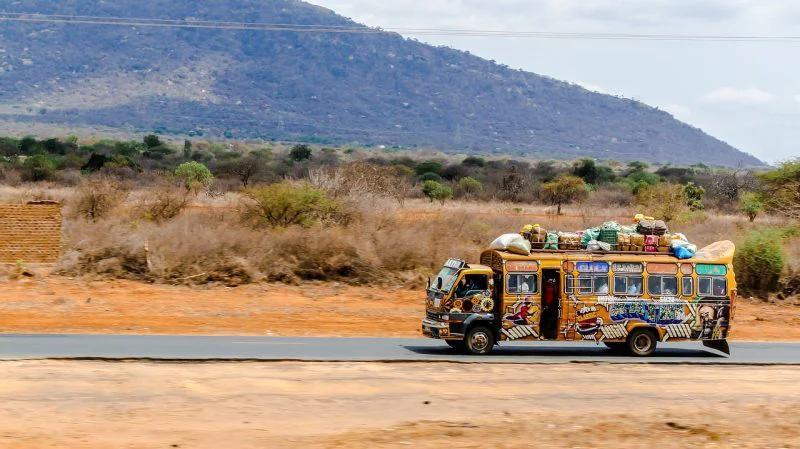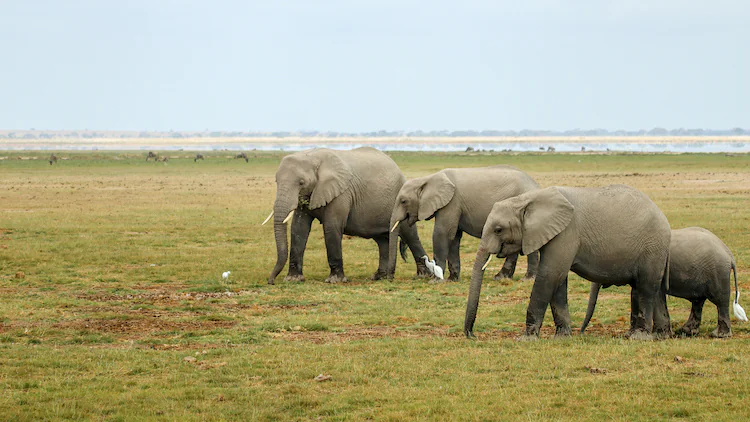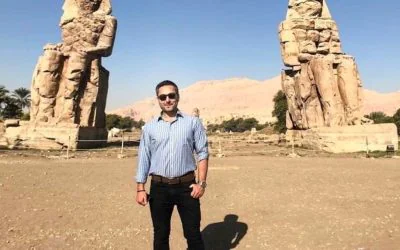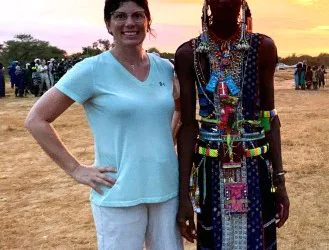Travelling in Africa offers a special mix of breathtaking landscapes, diverse cultures, and unforgettable experiences. From the vast savannas, deserts, and rainforests bursting with wildlife to the bustling markets filled with lively colors and sounds, Africa is a continent that captivates the senses.
However, it also presents unique sets of challenges that can test even the most seasoned travellers. The sheer diversity of the continent means that each region brings different obstacles, from bureaucratic red tape and health concerns to transportation issues and cultural differences. These challenges, while daunting, can also add to the adventure and enrich the travel experience, providing stories and lessons that last a lifetime. Let’s delve into the challenges of travelling in Africa.
Bureaucracy and visas
Getting visas is often cumbersome. – Ed Hotchkiss
One of the biggest hurdles for travellers in Africa is dealing with bureaucracy, especially when it comes to obtaining visas. For most travellers, getting a visa is a requirement as many African countries only offer visa free access to citizens of their immediate neighbors. Navigating the visa application process can be expensive and lengthy. This particularly true in some parts of the continent, such as central and west Africa. Our community notes the exceptional difficulties in obtaining visas for the Democratic Republic of Congo and Equatorial Guinea.
Travelling through the diverse African continent is a complex mission. First, and most obvious advice – prepare your passport, have plenty of empty pages for visa labels as most of the countries require visas unless you hold an African passport! – Ildiko Szabo
To manage this, it is crucial to prepare thoroughly before your trip. In addition to having a sufficient number of empty pages in your passport, ensure you have all necessary documentation, photocopies of your passport and visa labels, and always carry some extra cash for unexpected fees. Also important is having enough time. It is often difficult to get visas en-route, if a traveller is planning to visit many countries at once. Staying up to date on current requirements is essential.
Transportation and infrastructure
Distances are long, roads are very rugged and it takes time to get anywhere, especially if you travel by shared taxi, buses etc., as I did. – Rachel Davey
Both transportation and infrastructure can be another significant challenge in certain parts of the continent. The lack of reliability for both of these factors can make travel time-consuming and uncomfortable both for intercity travel and moving between countries. Our community again notes that this is an issue especially prevalent in west Africa, although these issues can be found everywhere.
Navigating the intricacies of finding transportation, coping with poorly maintained roads and bridges, weather or environmental issues, and mechanical issues requires both flexibility and patience. When it comes to finding dependable transportation or a driver, it is often beneficial to have the assistance of a local friend or contact to help arrange the logistics.
Health
“[My biggest challenge was] dealing with malaria three times.” – Boris Kester
Health issues, such as the mosquito-borne diseases malaria and yellow fever, are an unfortunate reality when travelling in Africa. Malaria is prevalent in many regions across the continent, and travellers must take preventive measures such as taking antimalarial medication and using insect repellent. Moreover, accommodation with mosquito netting is an important tool to prevent infection.
Yellow fever, also common, requires a vaccination for prevention. Carrying a certificate of yellow fever vaccination is often mandatory for entry into several African countries and it is essential to obtain one before travelling. It is vital to take preventive measures, including vaccinations and carrying necessary medications. Additionally, our community recommends travel insurance that covers medical emergencies.
Corruption
“They tried so hard to convince me (with bogus paperwork and everything) that I required a $50 visa on the spot.” – Rachel Davey
Corruption can be a problem in any part of the world and across Africa this is no different. It is not uncommon to experience attempts from officials to solicit bribes at airports, land borders, police or security checkpoints, or any other situation in which a traveller might encounter someone with a uniform and authority.
The best defence is to research in advance. It is important to have visas and other important paperwork in order. When dealing with corrupt officials patience is key. Be polite, but firm and eventually the corrupt officials should give up once they have decided that trying to convince a well-prepared traveller is a waste of their time.
Safety and Security
“[My biggest challenge while travelling in Africa was] safety in the Sahel Belt with Boko Haram, ISIS, Russian Armed Groups and the instability.” – Mette Ehlers Mikkelsen
Certain regions of Africa, particularly the Sahel region and central Africa, are affected by security challenges due to the presence of armed groups such as Boko Haram, ISIS, and Russian mercenary groups. These groups contribute to political instability and fragile security in many countries.
Travel to these regions requires careful consideration and awareness of potential risks. Travellers should stay informed about travel advisories from reputable sources and register with embassies or consulates. Collaborating with local guides or tour operators who are knowledgeable about the region are the best bet for safety as they can provide valuable insights and understand the necessary safety measures.
The Perception of Time
“Remove your watch. Time runs differently in much of the continent and the best thing a traveller can do is remove all preconceptions how things are meant to run…” – Daniel Herszberg
One significant aspect of cultural difference that can impact travellers in Africa is the perception of time. In many cultures, particularly Western cultures, time is often viewed as a strict schedule to be adhered to closely. However, broadly across Africa, particularly in more rural or traditional communities, time is often perceived in a more fluid manner. This can be a major cultural shock for those accustomed to punctuality and rigid schedules.
“I allocate more time, don’t fix plans and smile letting the things go by themselves.” – Orest Zub
The best thing a traveller can do is adapt to the local concept of time, best embodied with the Swahili phrase, “pole, pole” (“slowly, slowly”). Keep your plans flexible, allow for more time, and treat it an important part of the cultural experience.
Resume
“Take it easy, take your time, be flexible, leave your prejudice at home. Reach out to people. Smile. Be open to adventure.” – Boris Kester
Travelling in Africa can be a deeply rewarding experience despite its challenges. The continent’s rich cultural heritage, diverse landscapes, and vibrant communities offer endless opportunities for adventure and discovery. However, navigating bureaucratic systems, transportation hurdles, health risks, and cultural differences requires thorough preparation, adaptability, and an open mind.
Ultimately, these challenges contribute to the richness of the experience of travelling in Africa. For those willing to embrace this, Africa offers adventure unlike any other continent.
